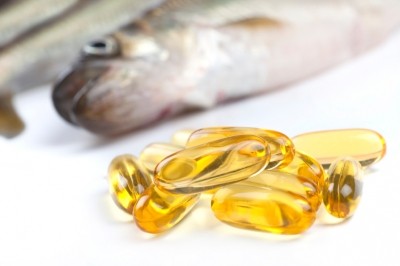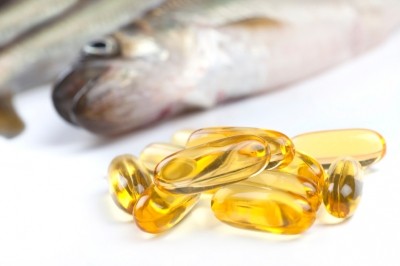‘Big Pharma’ and FMCG companies ‘will not tolerate hiccups’ in dietary supplements standards: EPAX CEO

"The arrival of ‘Big Pharma’ and FMCG into the dietary supplements space is great for the industry in general, but these companies have billions of dollars of equity at stake and they will not tolerate a hiccup in standards,” Ola Snøve, CEO of the Norwegian fish oil supplier, told NutraIngredients-USA at the SupplySide West show in Las Vegas last week.
Standards are already high for omega-3 products, he said, due to the rise of branded products, which have ‘professionalized’ the industry, and more and more brands are “great for the development of the industry”.
‘Amazing’ GOED
Another major factor has been GOED - the Global Organisation for EPA (eicosapentaenoic acid) and DHA (docosahexaenoic acid) Omega-3 – said Snøve.
“Years ago there were products with big quality differences, issues with PCBs, and so on, and that created an environment for the industry to be vulnerable.
“GOED has been amazing. It’s a very important organization for setting quality standards.”
Despite some consolidation in the industry over recent years, Snøve noted that there is still a huge range of suppliers.
“At EPAX we focus on purity, quality and innovation to offer the market the purest oils,” he said, and added that the company focuses on sustainable sourcing, before adding that the company is Friends of the Sea certified.
Sustainable vs available
At Frost & Sullivan forecast growth rates, the 2011 global omega-3 oil output of 110,000 tonnes will increase by 8000 tonnes per year, with further pressure being put on this figure by the rise of pharma demand, which requires more raw oil to deliver the high-purity doses required in that sector.
While pharma and supplements may be competing for supply, the markets they serve are complimentary and not competitive, said Snøve. "They have different applications, and they will always be two separate markets.
"In the nutrition market, omega-3s are a platform for expansion: Omega-3s can be a base for a product, then you mix in lutein for eye health, or glucosamine for joint health. The nutraceutical market will be more ‘advanced’”, he said.
Commenting on the sustainability of the Peruvian fishery, where the company sources its anchovies, is sustainable, Snøve said that he believes the fishery to be sustainable, but sustainability depends on the Peruvian authorities.
“They will sometimes have to make difficult decisions and may have to make supply scarce at certain seasons to protect the sustainability.”
And this is where the difference between sustainability and availability become stark. Occasional tightening of availability could affect prices for fish oil, but “EPAX prides itself on having enough raw materials to maintain supply, and so we hedge out some of the risks,” he said.
Krill, algae, et al
On alternative sources, like krill, algae, and plant-sources of EPA and DHA, Snøve said that there are two parts of the population: The first part wants to take fish oil, and the second part wants omega-3 but not fish oil.
“Krill has created a market and brought consumers to the omega-3 market,” said Snøve, who previously worked for Aker BioMarine, owned by the same parent company as EPAX. “Krill is still niche and will continue to be niche, as will algae and plant-based omega-3.”
“Fish oil-based supplements will continue to be the majority of the omega-3 market, but the market still needs those niches.”
Health benefits
The health benefits of omega-3 touch many health categories, and there are numerous new omega-3 studies being published every week reporting potentials benefits for any number of areas, including cardiovascular, joint, eyes, cognitive, and mood and behavior (check out NutraIngredients-USA’s special section on Omega-3s for more information).
But being almost omnipotent may be a blessing and a curse. “One of the problems with omega-3 is that it has very basic functions on a cell level. There is a certain threat or perception of consumers that it cannot be true because nothing can be good for everything, but they have to understand that EPA and DHA are involved in very basic processes.”
Snøve sees great potential for the benefits for ‘neck-up’ health benefits. “This is an area that is underexploited because it not supported to the same extent as cardiovascular health.
“More data will come out on ‘neck-up’.”










